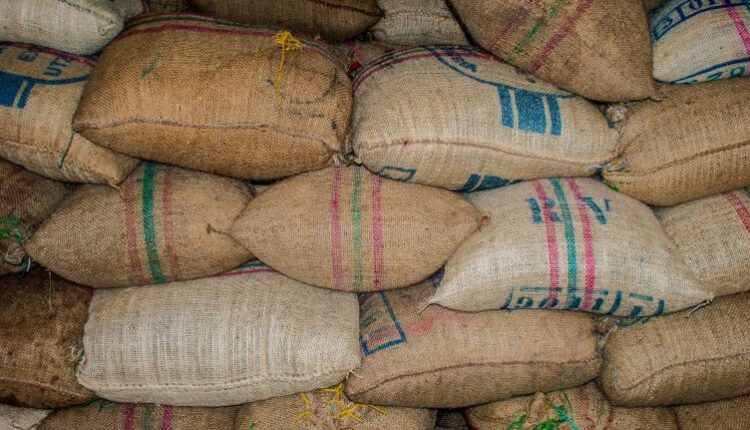USAID Helped Farmers Shift Cocaine Crops To Coffee In The 80s, Now Sweeping Cuts Threaten America's Longstanding Support Of Indigenous Communities Worldwide – CoffeeTalk
Miguel Guimaraes Vasquez, a leader in an Indigenous rights group, has been fighting for years to protect his homeland in the Peruvian Amazon from deforestation related to the cocaine trade. The U.S. Agency for International Development (USAID) has long supported such efforts, spending billions of dollars since the 1980s to help farmers in Peru shift from growing coca for cocaine production to legal crops such as coffee and cacao for chocolate. The agency funded economic and agricultural training and technology, and helped farmers gain access to international markets. However, the Trump administration’s recent sweeping cuts to the agency have thrown that tradition of U.S. assistance into doubt, and Indigenous people in the Amazon worry that without American support there will be a resurgence of the cocaine market, increased threats to their land, and potentially violent challenges to their human rights.
The Trump administration’s recent sweeping cuts to USAID have thrown that tradition of U.S. assistance into doubt, and Indigenous people in the Amazon worry that without American support there will be a resurgence of the cocaine market, increased threats to their land, and potentially violent challenges to their human rights. Vasquez, who belongs to the Shipibo-Konibo people and is vice president of the Interethnic Association for the Development of the Peruvian Rainforest, said that the situation is going to get worse. In some cases, U.S. foreign aid provided money to help prosecute the slayings.
The Department of Government Efficiency (DOGE), led by Elon Musk, began dismantling USAID shortly after President Donald Trump began his second term, all but eliminating U.S. foreign aid spending, including decades of support to Indigenous peoples around the world. Critics say the aid programs are wasteful and promote a liberal agenda. The Peruvian government has moved quickly to strip Indigenous people of their land rights and tighten controls on international organizations that document human rights abuses. It’s now a serious offense for a nonprofit to provide assistance to anyone working to bring lawsuits against the government.
USAID has been instrumental in addressing the human rights abuses faced by Indigenous communities worldwide. The agency has also contributed to the fight against hunger and led the global U.S. effort to combat hunger. Recently, USAID has incorporated international concepts of Indigenous rights into policy, creating an adviser within the agency to protect the rights and address the needs of Indigenous peoples. This adviser advocated for Indigenous rights in foreign assistance programs, including actions by the World Bank. However, this position remains unfilled.
Vy Lam, USAID’s adviser on Indigenous peoples, was fired in March as part of the DOGE downsizing. He said the idea of Indigenous rights gained momentum under President Joe Biden’s administration, with concepts such as “free, prior and informed consent” being slowly implemented in American foreign policy. This came from U.S. political pressure on foreign governments or private industry to negotiate mutually beneficial agreements between Indigenous peoples and their governments.
USAID has also supported travel to the United Nations, where Indigenous leaders and advocates could receive training to navigate international bodies and document abuses. Last year, under the Biden administration, USAID awarded a five-year grant to support Indigenous LGBTQIA people through the United Nations Voluntary Fund for Indigenous People, which was the largest grant from any member state in the U.N. The money would have paid for attendance at the U.N. and other international bodies to report human rights abuses and testify on foreign policy.
However, the grant was terminated in February, and the State Department does not plan to fulfill its pledge to fund the remaining four years of the grant. In most cases, people receiving assistance to attend major meetings are actual victims of human rights violations.
Read More @ The Detroit News
Source: Coffee Talk



